Search
Remove Ads
Advertisement
Summary 
Loading AI-generated summary based on World History Encyclopedia articles ...
Search Results
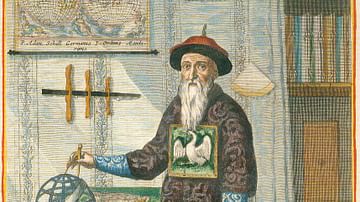
Article
Jesuit Influence on Post-medieval Chinese Astronomy
Ancient China had seen little Western contact before the 16th century CE, the language, culture and science all being allowed to develop independently of foreign influence. By the time European Jesuit missionaries arrived in the 16th century...
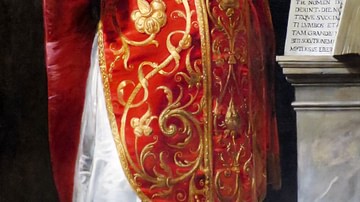
Definition
Ignatius of Loyola
Ignatius of Loyola (l. 1491-1556) was a Basque soldier who became a Catholic priest and theologian after a mystical experience convinced him he was called to the service of Christ. He founded the Society of Jesus (Jesuits) to defend the Church...
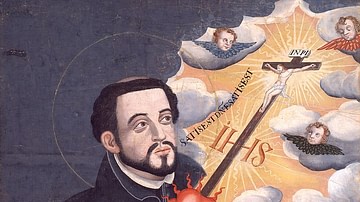
Article
Christianity in Japan
Christianity arrived in Japan in 1549 when Jesuits first set foot in Kagoshima. Initial attempts to spread the religion were met with confusion; however, through employing various methods, they began to see success. However, by 1650, Christianity...
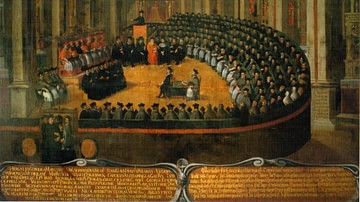
Definition
Counter-Reformation
The Counter-Reformation (also known as the Catholic Reformation, 1545 to c. 1700) was the Catholic Church's response to the Protestant Reformation (1517-1648). It is usually dated from the Council of Trent in 1545 to the end of the Great...
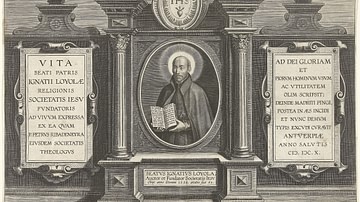
Article
Autobiography of Saint Ignatius of Loyola
The Autobiography of Saint Ignatius is the story of the life of Ignatius of Loyola (l. 1491-1556) dictated by him to the Jesuit priest Father Louis Gonzalez between 1553-1555, shortly before Loyola's death in 1556. It is an account of his...
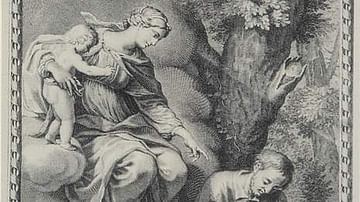
Article
Loyola's Spiritual Exercises
The Spiritual Exercises of Ignatius Loyola (1548) is a manual of disciplines formulated by Ignatius Loyola (l. 1491-1556) to prepare one spiritually for Christian service. They were initially developed between 1522-1524 by Loyola for himself...
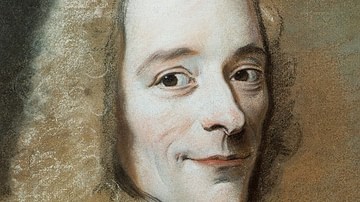
Definition
Voltaire
Voltaire (1694-1778) was a French author, historian, and philosopher whose thoughts on religious toleration and moderation of authoritarian power were influential during the Enlightenment. His most famous work today is the satirical Candide...

Definition
Estado da India
The Estado da India (1505-1961) was the name the Portuguese gave to that part of their empire which stretched from India to East Asia. However, in its widest sense, the name includes all Portuguese colonies east of the Cape of Good Hope and...

Video
Catholic Counter-Reformation: Crash Course
When the Protestant Reformation broke out in Western Europe, the Catholic Church got the message, at least a little bit. Pope Paul III called a council to look into reforming some aspects of the Catholic Church and try to stem the tide of...

Article
The Printing Press & the Protestant Reformation
The printing press, credited to the German inventor and printer Johannes Gutenberg (l. c. 1398-1468) in the 1450s, became the single most important factor in the success of the Protestant Reformation by providing the means for widespread...